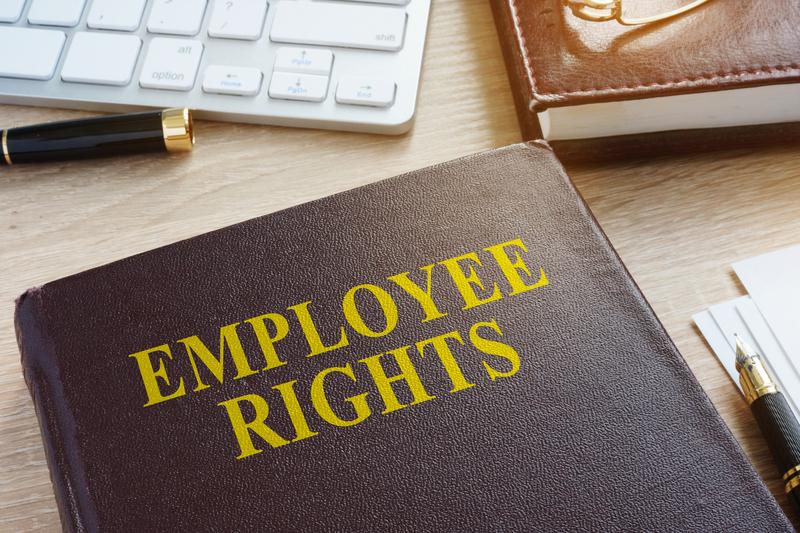Every business owner and leader should be familiar with the laws and regulations that protect their employees. An awareness of these laws will help employers make sure their employees are able to work in a safe, healthy environment.
Discrimination Protection
Title VII of the Civil Rights Act of 1964 dictates that employers are prohibited from discriminating against employees on the basis of race, color, religion, sex, and national origin. There have since been several amendments to this law, making it illegal for employers to discriminate against employees on the basis of pregnancy, childbirth, age, disabilities, and genetic information. Employees have the right to be protected from all these types of discrimination, as well as protected from retaliation if they report an incident of discrimination.
It’s important for business owners to recognize the rights of their employees, both so that they themselves do not discriminate against their own employees, and so that they can be effective advocates in the event of someone else in the workplace discriminating against such employees.
Whistleblower Protections
Many employees are afraid to report instances of law violations and other dangers to public health and safety because of the possibility of retaliation. Their fear of punishment can be overwhelming. In cases such as these, employers and employees should be aware of whistleblower protection laws. These protections mean employers can’t punish employees for filing complaints.
Whistleblower protection laws encourage employees to come forward with evidence that can help the world and society be healthier and safer, without the fear of retaliation or punishment.
Privacy Protections
Privacy laws are some of the most important laws that protect your employees. Privacy is a hot topic lately, and one that can be quite controversial. Make sure to acquaint yourself with privacy laws so you know the ways in which you can monitor your employees legally. For example, you can monitor employee screens, emails, and numbers of keystrokes in a given hour. Employers also often monitor employee social media accounts for criticism against yourself as an employer, customers, and subordinates. However, you cannot search the personal property of an employee or share confidential employee information without their consent.
As an employer, it’s a good idea to do your research about employee protections, especially discrimination protection, whistleblower protection, and privacy protection. Knowing about the rights of your employees will allow you to be a better business owner.
Read this next: How to Simplify Your Business Budget
